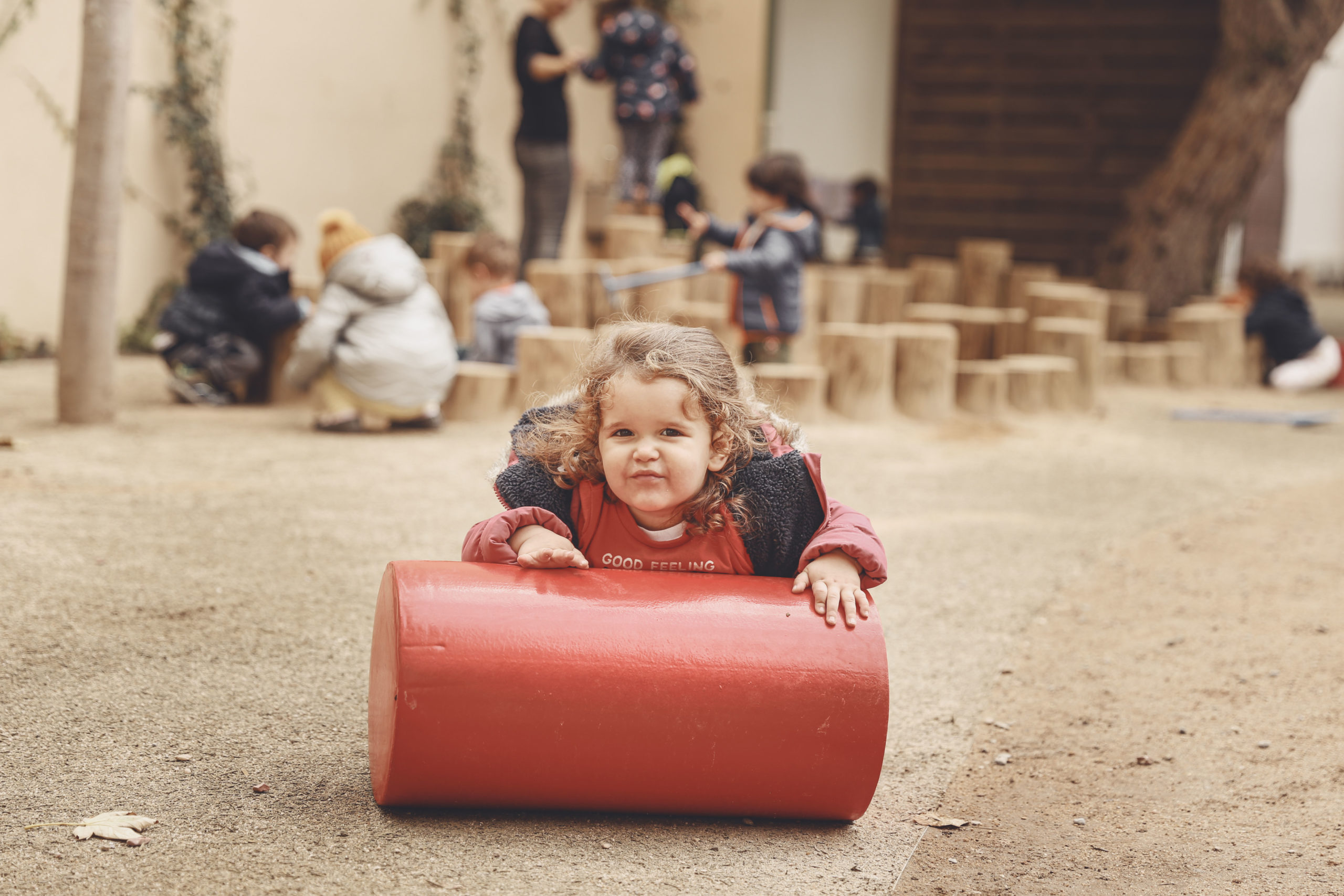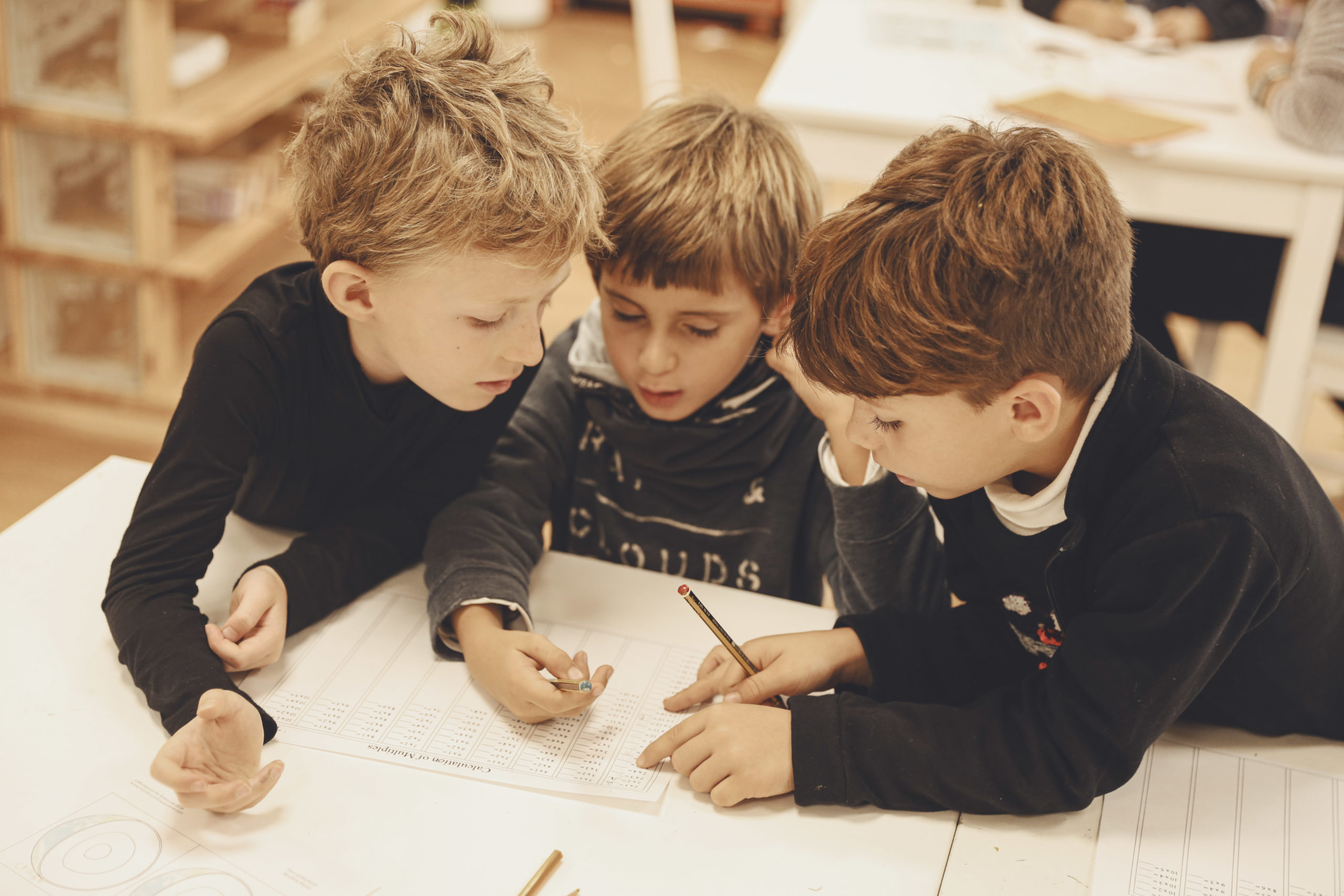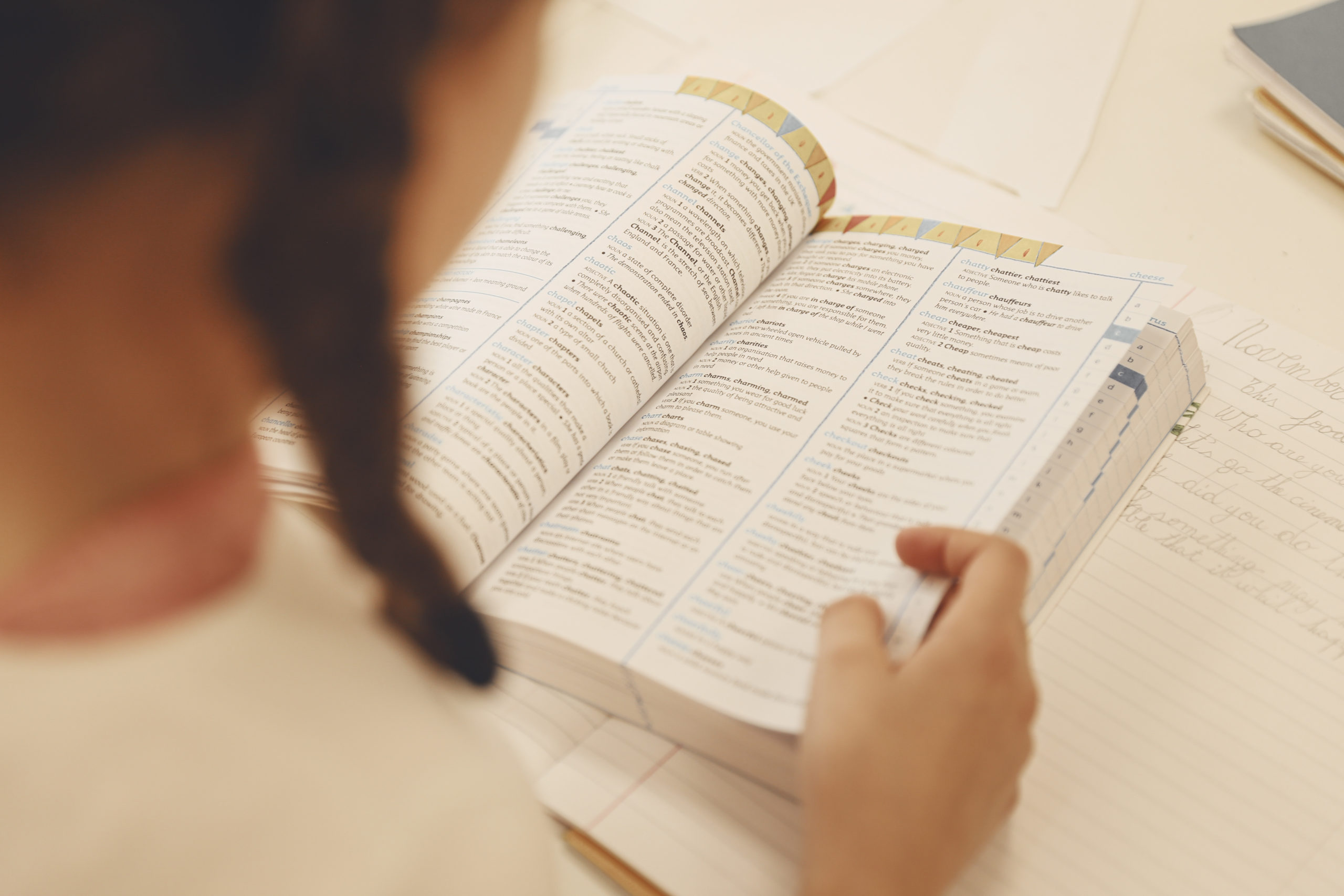Primary
Learning areas
During this stage world history is introduced to the children through 5 lessons, which Maria Montessori labelled the ‘Great lessons’.
- Coming of the Universe and Earth
- Coming of Life
- Coming of Human Beings
- Communication in Signs
- The Story of Numbers
These lessons allow them to build their knowledge in the subjects found in the British curriculum.
Mathematics
A comprehensive understanding of mathematics is a fundamental ability that every child needs to be able to complete daily tasks.
Independent of whether a student chooses a future in a STEM field (Science, Technology, Engineering or Maths), they will benefit from the discipline and critical thought that is required to understand geometry or algebra.
At Imagine, we put special emphasis on avoiding two common mistakes that are made when teaching maths: “mechanical exercises” ( without a practical understanding that makes it difficult to apply to daily life), and “constructive maths” which avoids the use of calculators and instead favours the use of basic materials to encourage a creative way of solving problems.

Language and Literature
Reading literature creates the opportunity to enter exciting worlds, get to know interesting characters and consider which paths to take in life. While studying current and past texts, the students not only will improve their abilities to think and communicate, but they will also learn important moral lessons that will help guide them in their own decision making.


Science
Our students learn to observe the natural world, to catalogue their observations and then, following in the footsteps of the great scientists of history, discover the underlying laws of nature. Our scientific program is designed to encourage a profound interest in the understanding of the physical world, and a curiosity for the scientists and technological innovators that have enabled us to understand the laws of nature and use this knowledge for the benefit of humanity.
They will learn to organise information and to draw conclusions from it, thus learning the importance of the scientific process based on evidence. Every science lesson will be based on observational facts (including hands-on experiments integrated into a systematic curriculum) and will allow our students to answer the many questions they have on how the world around them works.


History
Studying history in a chronological order, from antiquity until present day, allows the students to learn about past cultures, follow the path of the ‘heroes and villains’ of history, discover the reasons why civilisations rise and fall, and understand and value what happened.
We do not present history as a list of events to be memorised and repeated. For us, history is an exciting subject which needs to be explored in its entirety, with lessons that explain the relationship between cause and effect in human decision making. We ensure that history lessons are relevant to the students, so they are able to learn the lessons of history and when necessary, not to repeat the mistakes.


Geography
As with history, the students will study different cultures, key heroes and important milestones in history. In geography they will not only learn the worlds physical characteristics and maps, but also the wide variety of cultures and societies that exist today, and how they affect the way in which people decide to live.
At Imagine, we take advantage of the diversity of the families at our school to explore the effects that culture has on science, literature, economy, art and technology.


Art, Design and Technology
The students learn to identify real life daily problems through observation. Through investigative processes, our IT team encourages them to find solutions, build prototypes using a variety of materials, document their findings and after group presentations, check the results of the proposed design, while always taking onboard different opinions. It is essential for each child to have a deep knowledge of technology. Our IT team encourages a comprehensive and responsible use of technology using different devices, whilst making the students aware of their digital fingerprint and privacy. The students will learn about word processors, search engines, graphic design tools, robotics and programming.
Our design and technology program encourages each Imagine student to build their own path, both empirically and reflectively.


Physical Education
At an early age we work on basic physical movements, such as locomotor movements (walking, running, jumping on one and two legs), non-locomotor movements (balance and spatial awareness) and introduction to specific actions or techniques (throwing, catching, bouncing and kicking a ball).
In primary school the movements go from a less introductory stage to a more formative one. Previous work is reinforced and more complex techniques are introduced (throwing from above the shoulder, different catching techniques, dribbling and shooting a ball). Focus is given to collaborative games and sports are introduced in a methodological and regulated way. Students learn both individual and group sports (handball, dodgeball, soccer, basketball, baseball, gymnastics, and track and field).
In secondary school, we strengthen the spirit and value of sport, encouraging healthy competition without placing importance on the result. Technical complexity increases, including an increased focus on tactics and physical preparation is reinforced as the basis of individual and team sports.
A healthy lifestyle and good nutrition are themes which are discussed throughout, with the aim of converting them into lifelong practices.


Spanish, Valenciano and Spanish Culture
From the first year in primary, the students will learn spanish, valenciano and spanish culture by working on projects.
At Imagine we approach the Spanish curriculum in a holistic way. Knowledge of Valencian and Spanish culture is carried out through methods such as ABP learning (project-based learning), cooperative work and TBL (team based learning). This way of working allows for the study of both official languages, in areas like grammar, vocabulary, comprehension and expression which are necessary to present the project, resulting in a truly practical knowledge.
The activities will meet the objectives set out in the curriculum and progress will take into account the abilities required at each primary education stage. Being able to work in a multi age classroom brings with it a natural progression that is complemented by the Montessori vision of multidisciplinary knowledge.


Modern language




The learning dynamics at Imagine foster a depth of understanding, creative thinking, problem solving, and teamwork.
At Imagine, students also organise and plan excursions in which they seek to expand what they learn in class and gain knowledge of real life by visiting museums, libraries, historical sites, and companies amongst other places. Additionally, the students actively participate in workshops where they practice cooking, carpentry, painting and other activities.








